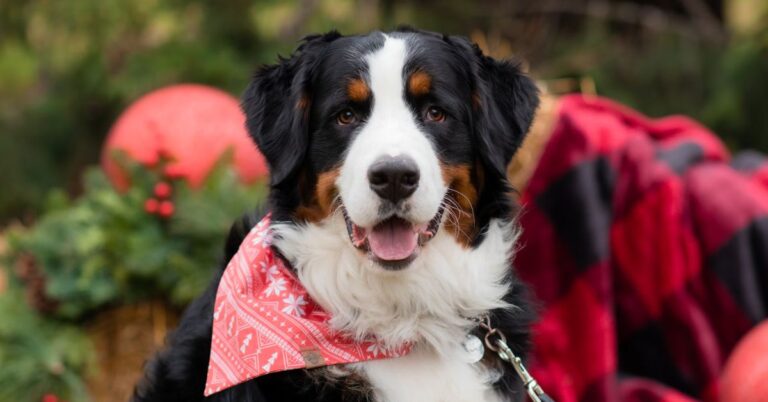20 Dog Breeds That Aren’t as Friendly as You Think
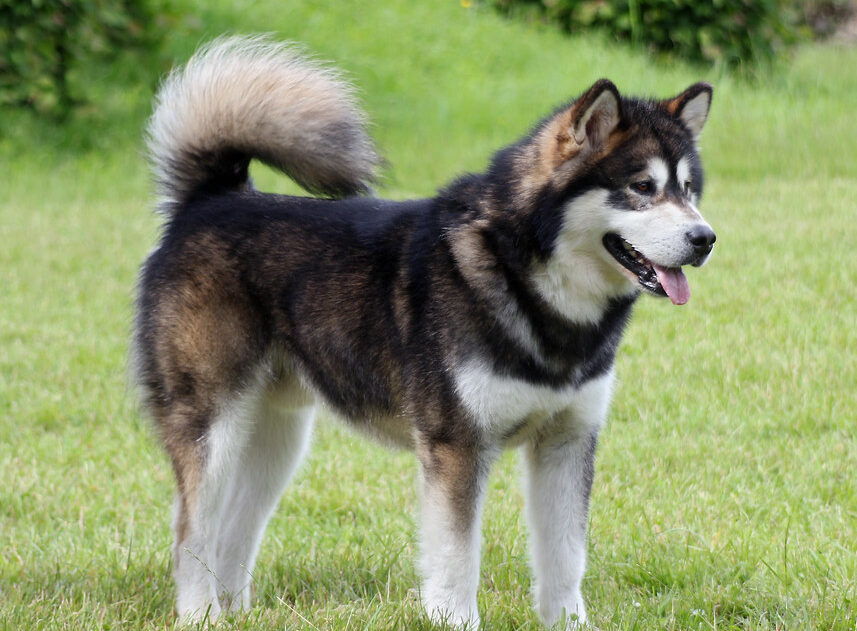
Dogs have a reputation for being man’s best friend, but not all breeds fit the stereotype of a lovable, tail-wagging companion. Some breeds, despite their adorable appearance or popular image, can be aloof, stubborn, or even aggressive if not properly trained. Here are 20 dog breeds that aren’t as friendly as you might think.
Chow Chow
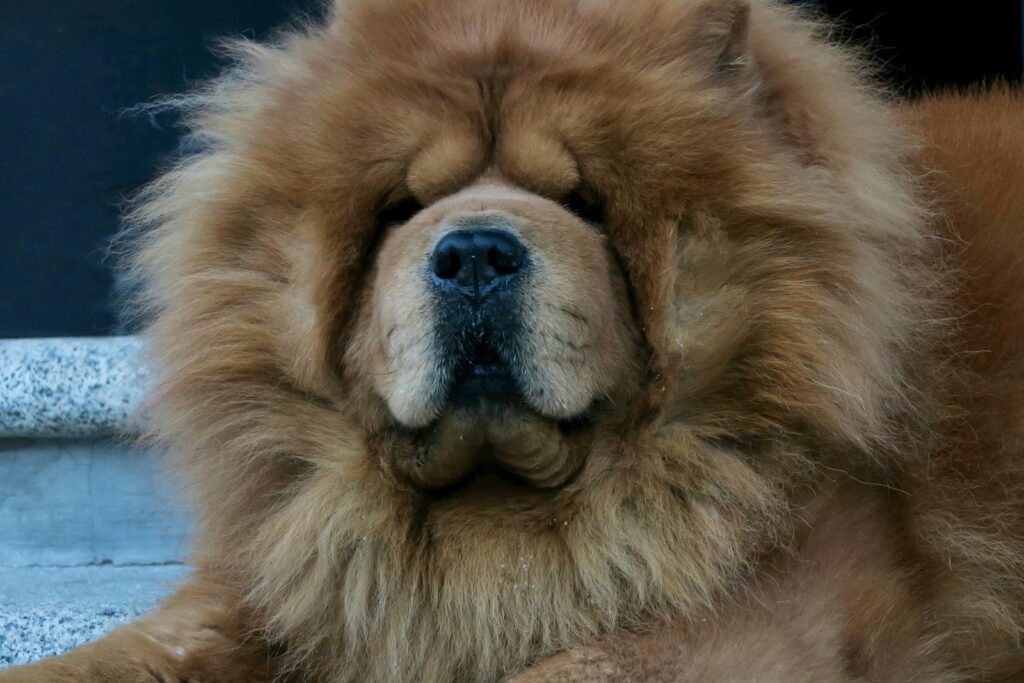
Chow Chows look like living teddy bears, but they have a strong independent streak and can be highly territorial. They tend to be aloof with strangers and are not naturally affectionate. Without early socialization, they can become overly protective and even aggressive toward unfamiliar people.
Afghan Hound
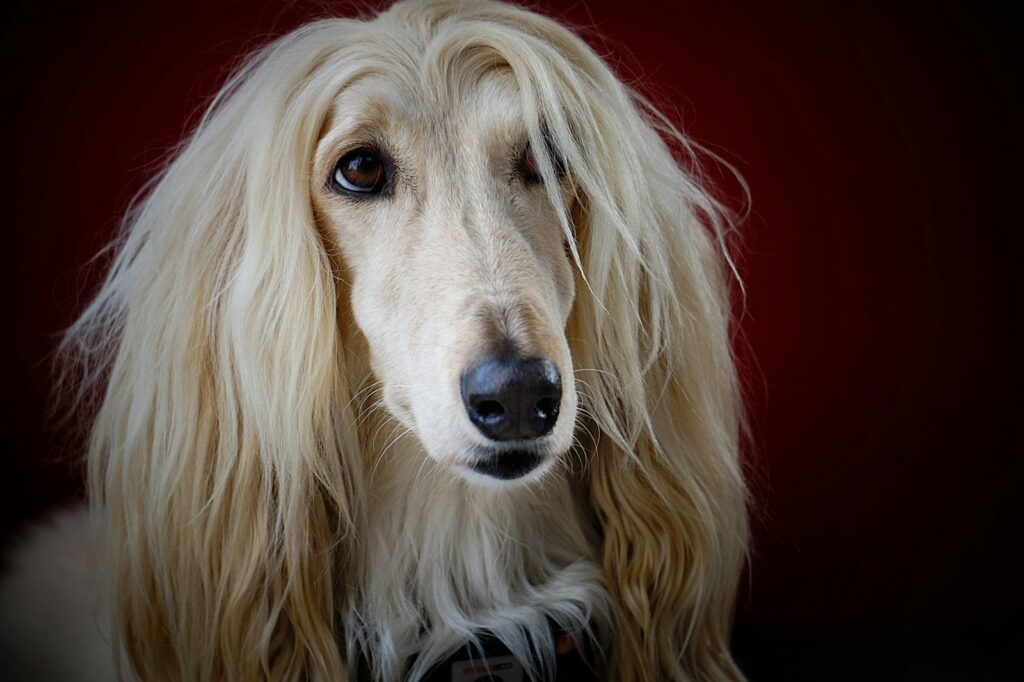
Afghan Hounds may have a regal and elegant appearance, but they are known for their aloof and independent nature. They are not overly affectionate or eager to please, making them a challenge for first-time owners who expect a cuddly, obedient companion.
Shiba Inu
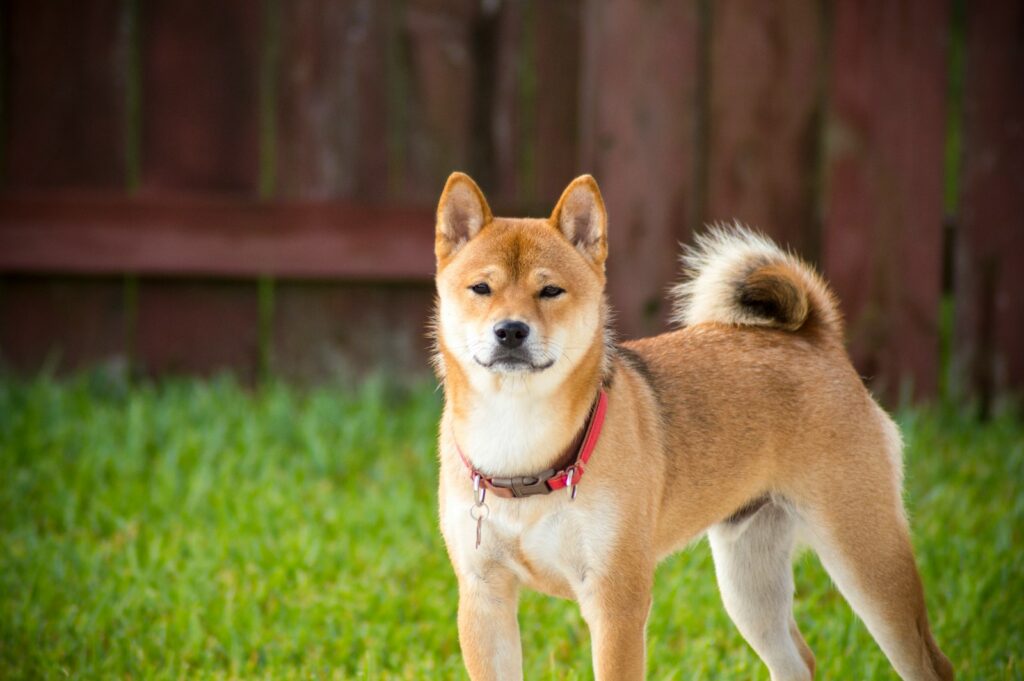
This fox-like breed is adored for its cuteness, but Shiba Inus are notoriously stubborn and not overly social. They are highly independent and prefer doing things on their own terms. While loyal to their owners, they aren’t the type to seek out affection or blindly follow commands.
Basenji
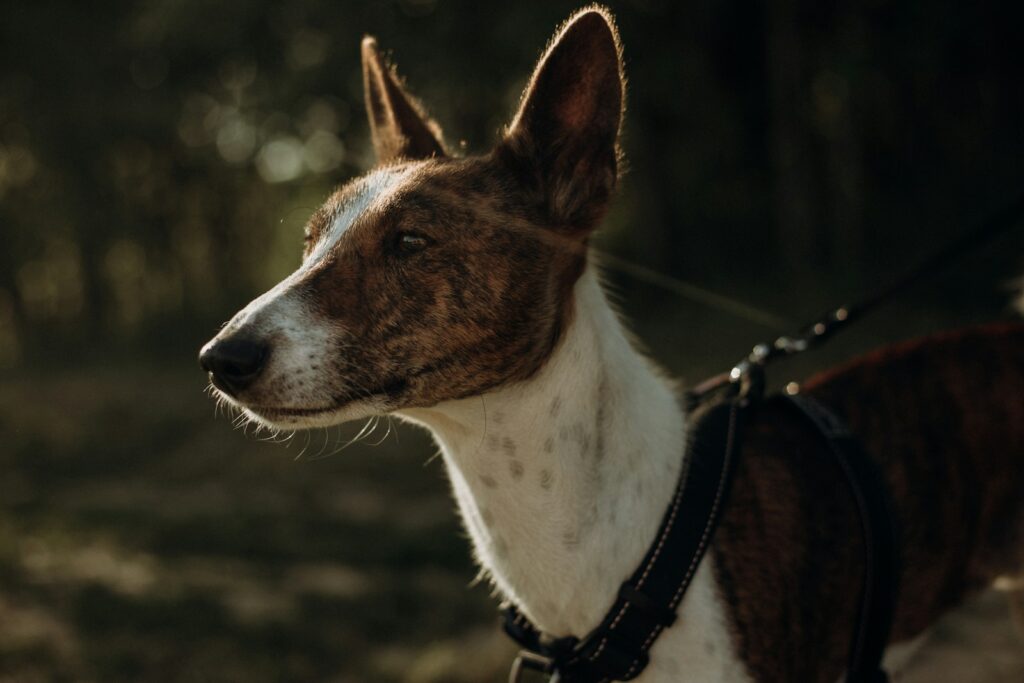
Often called the “barkless dog,” the Basenji is known for its intelligence and independence. However, they can be standoffish and don’t always bond easily with strangers. Unlike typical affectionate breeds, Basenjis can be aloof and prefer limited physical contact.
Akita Inu
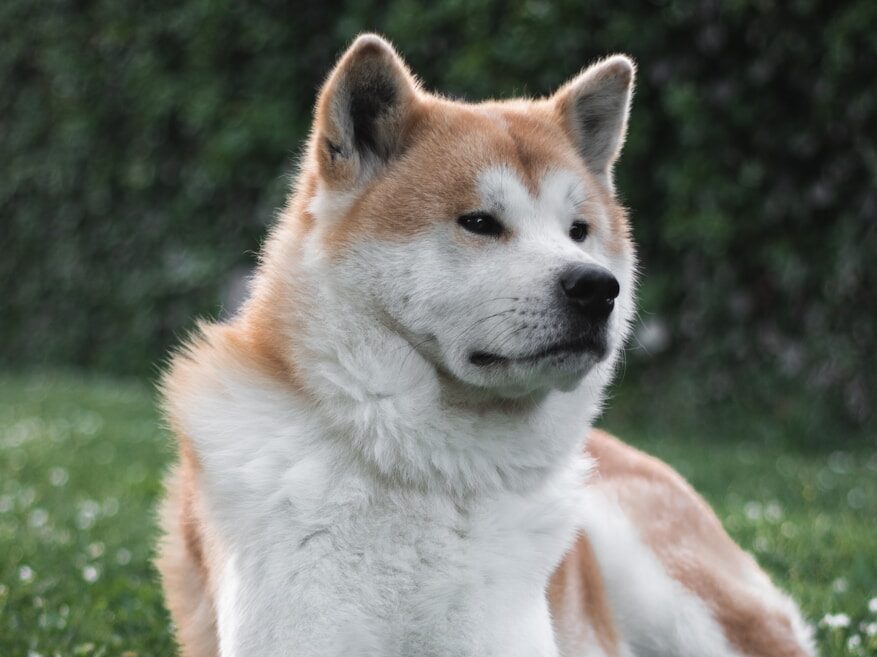
Akitas are strong, noble dogs with a reputation for loyalty—but only to their families. They tend to be reserved or evensuspicious of strangers and don’t naturally get along with other dogs. Their protective nature can turn into aggression if not properly trained and socialized.
Dalmatian
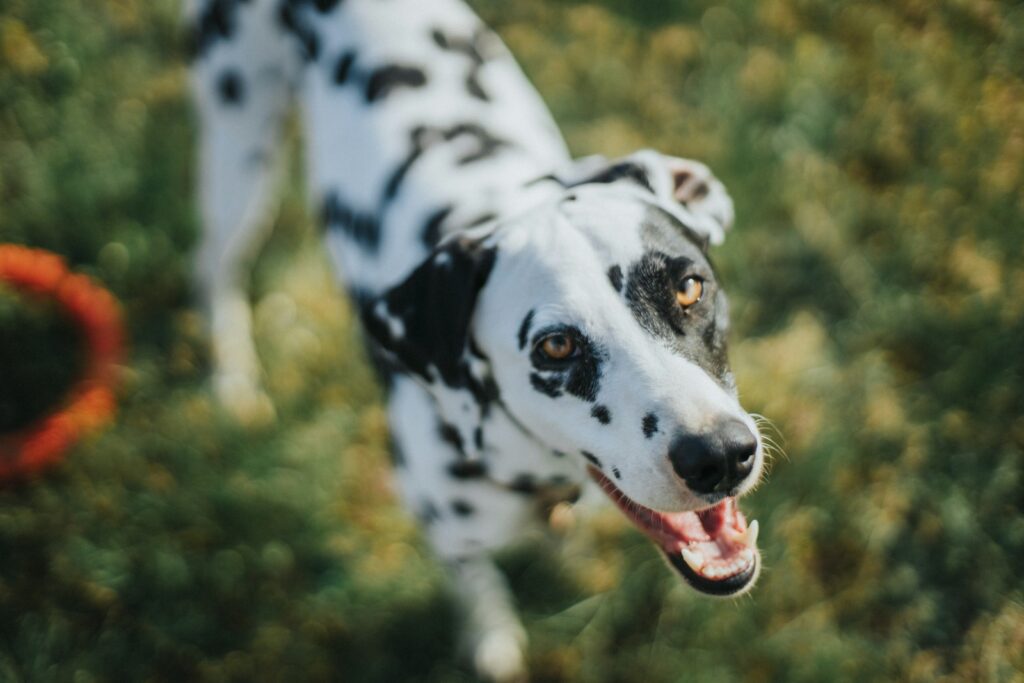
Dalmatians are known for their spots and their history as firehouse mascots, but they can be highly temperamental. They require extensive socialization to avoid aggressive tendencies and can be wary of strangers. They also have a high-energy, strong-willed personality that makes them difficult for inexperienced owners.
Jack Russell Terrier
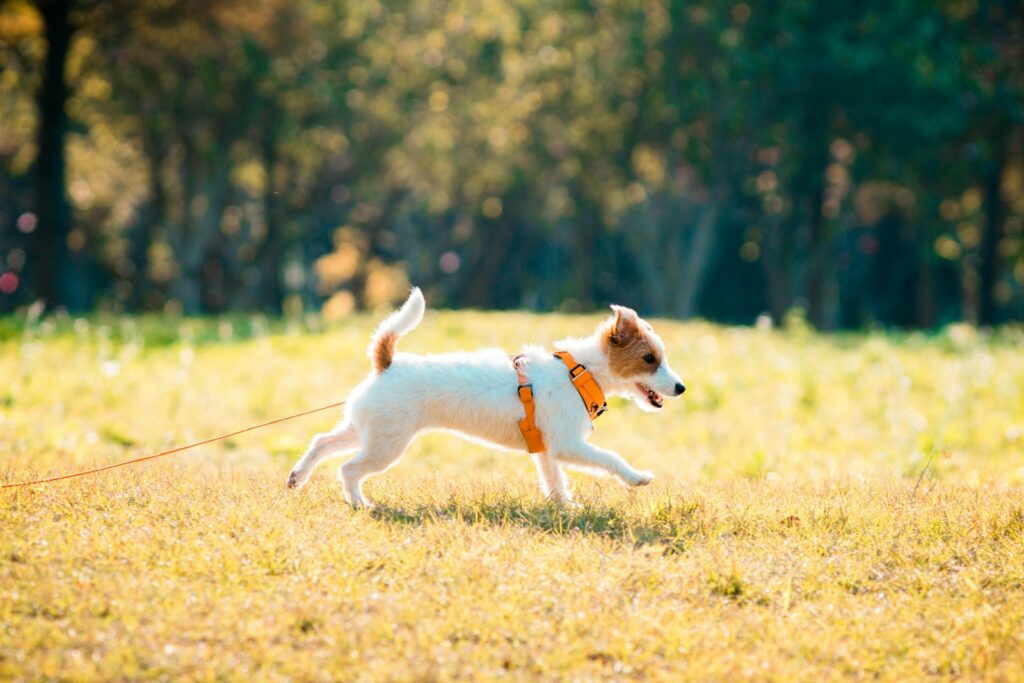
Despite their small size, Jack Russell Terriers have a strong-willed personality and an aggressive streak, especially toward other animals. They were bred for hunting and have a dominant, feisty nature that can make them difficult to handle if not properly trained.
Lhasa Apso
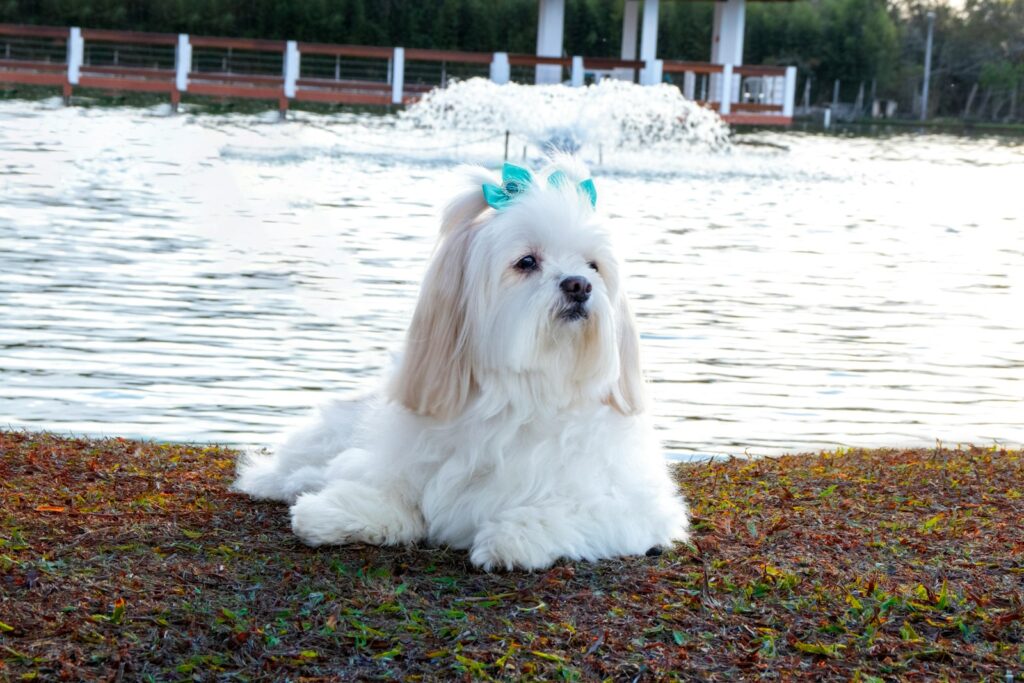
Lhasa Apsos were bred as watchdogs in Tibetan monasteries, and that instinct still runs strong. Despite their small stature, they can be highly suspicious of strangers and are known to be snappy when they feel their space is being invaded.
Shar Pei
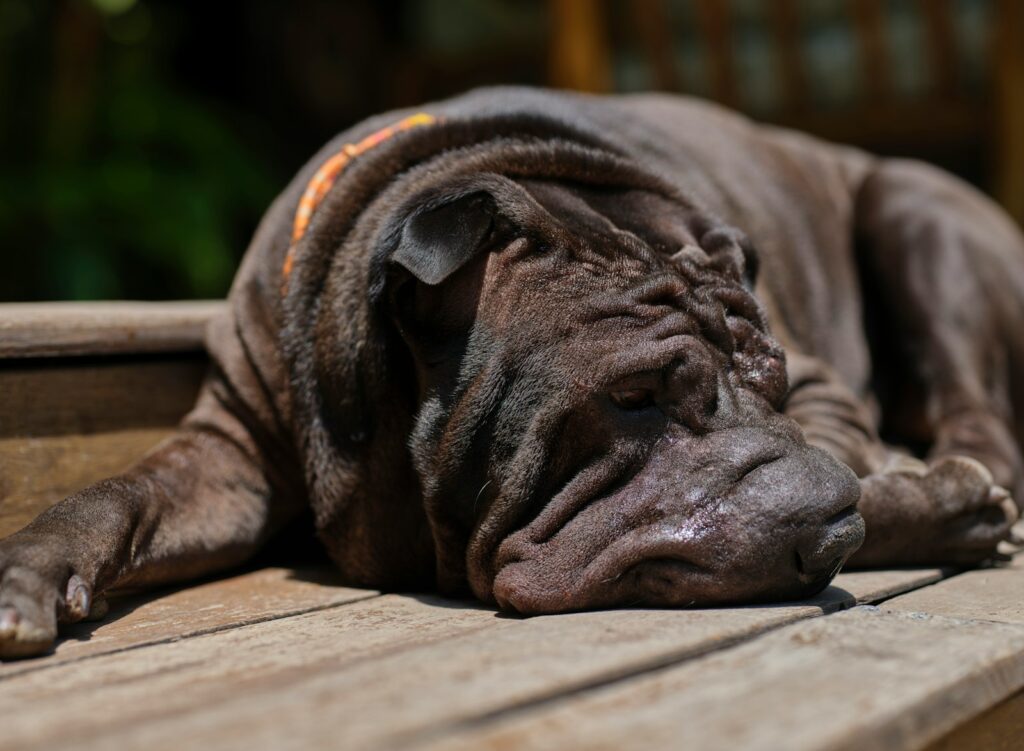
The wrinkled Shar Pei may look gentle, but they are naturally aloof and protective. They tend to bond closely with their families but can be standoffish, even aggressive, toward strangers. Without firm training and socialization, their wariness can escalate into territorial aggression.
Weimaraner
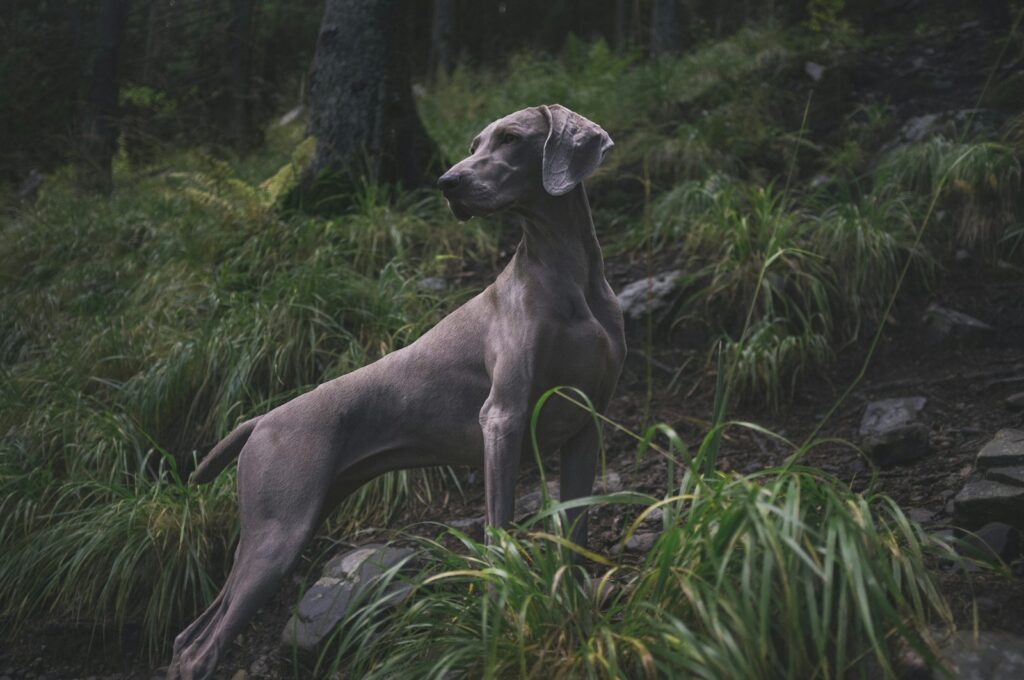
Weimaraners are energetic and loyal, but they can be highly dominant and difficult to train. They tend to develop separation anxiety and can become destructive if left alone for too long. While affectionate with their families, they are not always the easiest dogs to manage socially.
Scottish Terrier
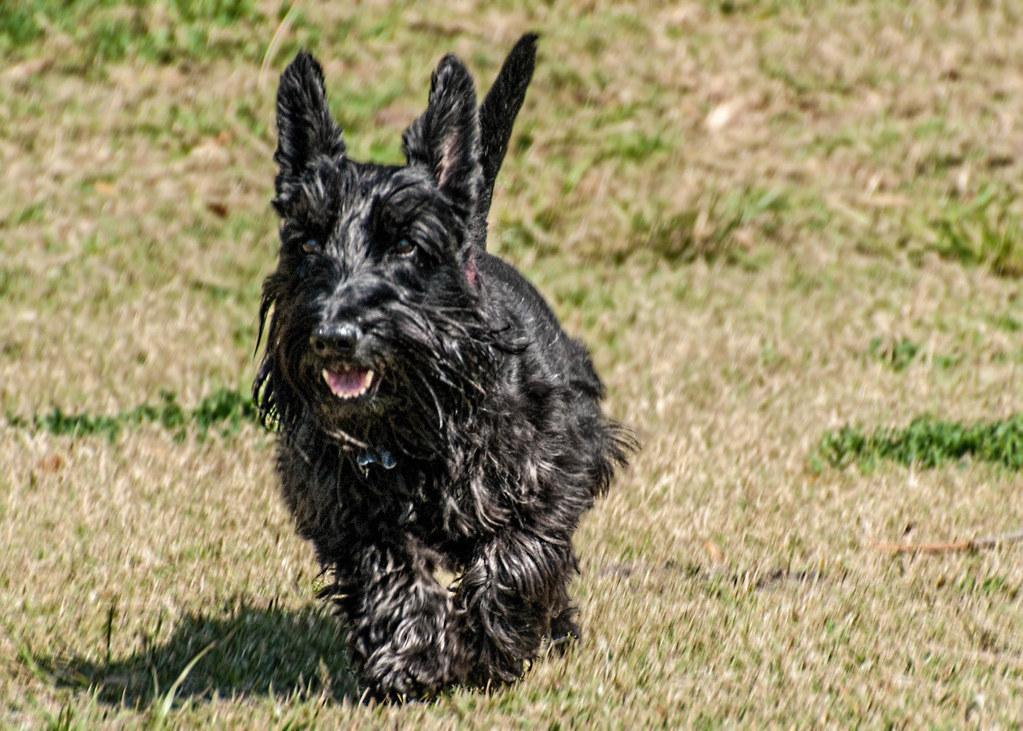
Scottish Terriers are independent and stubborn, with a tendency to be territorial. They are not naturally friendly with strangers or other dogs and can be aggressive if not properly trained. Their aloof nature makes them better suited for experienced owners.
Border Collie
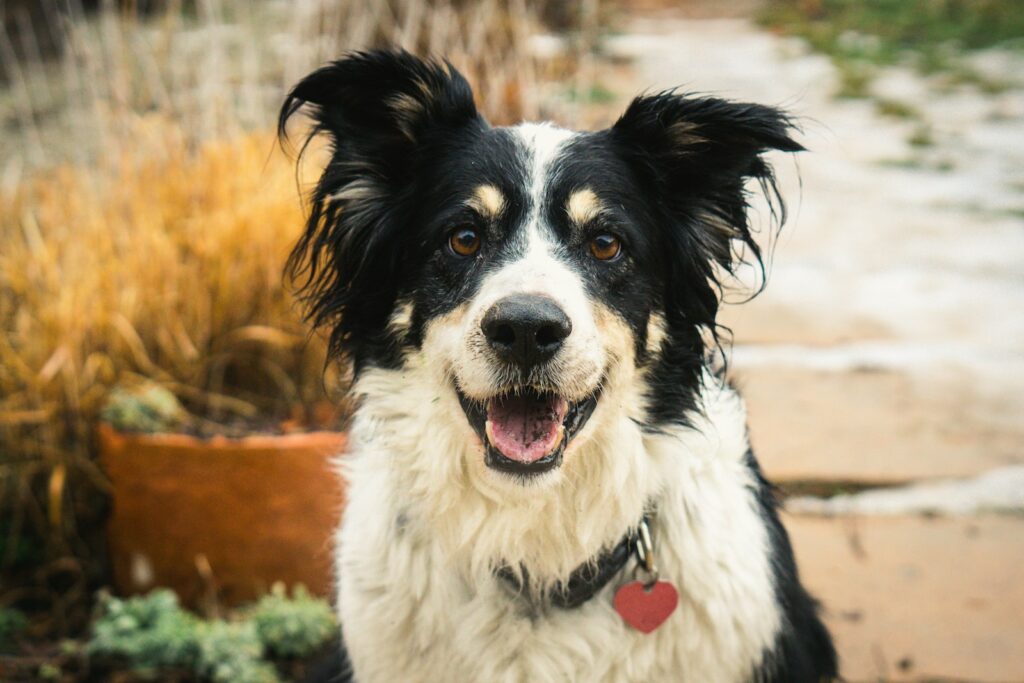
Border Collies are one of the smartest breeds, but their intelligence comes with a strong independent streak. They need constant mental and physical stimulation, and if they don’t get it, they can become anxious and even reactive. They are not the best breed for a relaxed, cuddly household.
Chihuahua
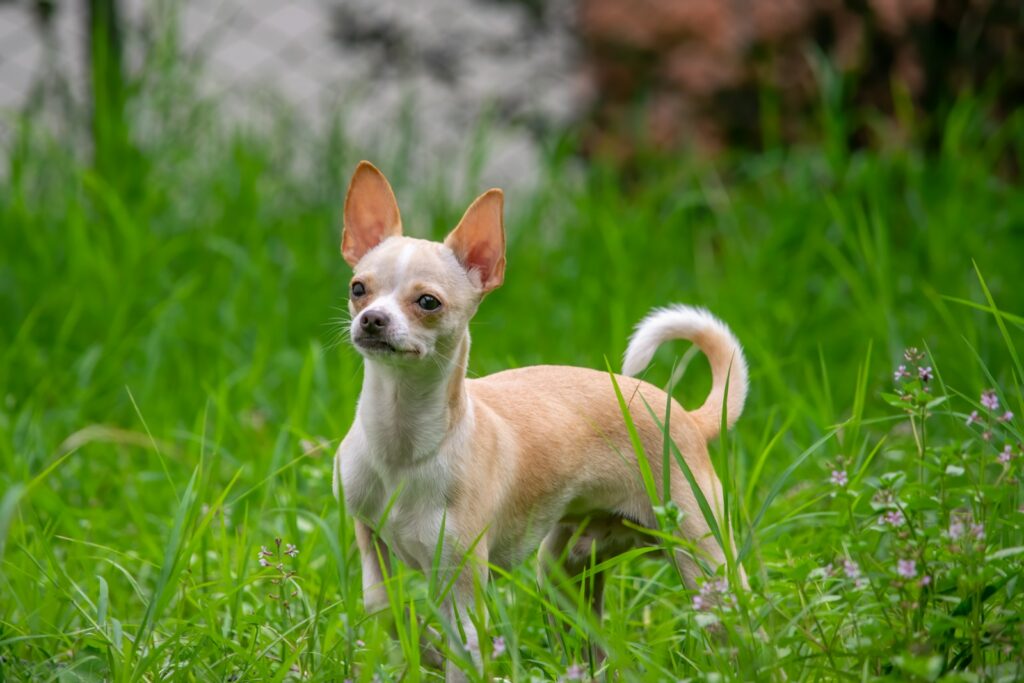
Chihuahuas may be tiny, but their personalities are anything but. They are known for their bossy, feisty attitude and can be aggressive toward strangers and even their owners if not properly socialized. Many Chihuahuas develop “small dog syndrome,” where they act much tougher than they really are.
Cane Corso
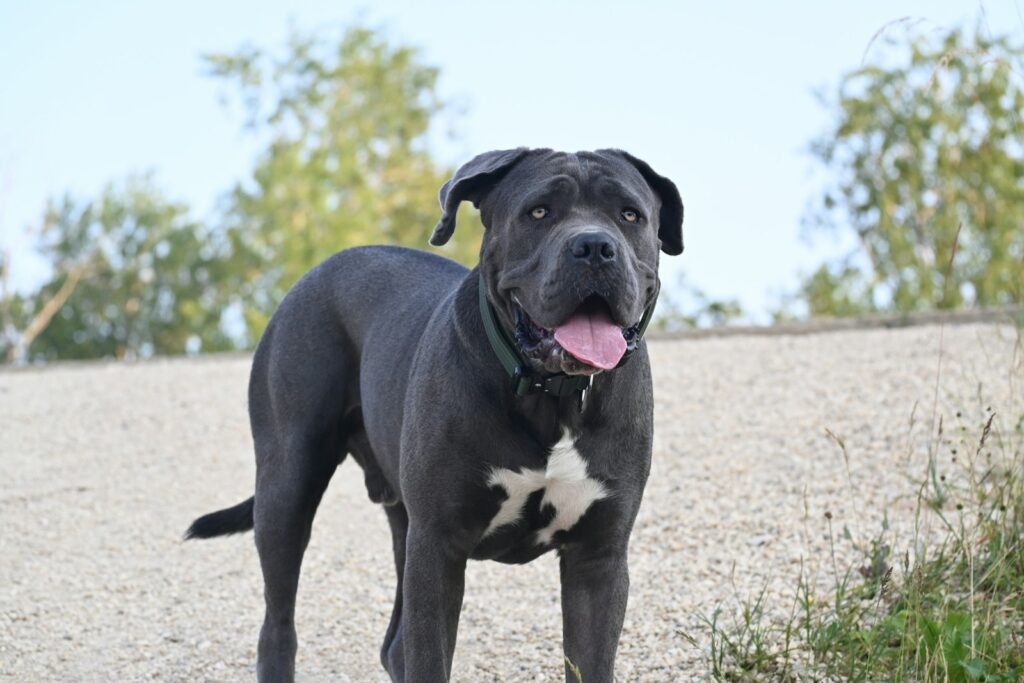
Cane Corsos are powerful, intelligent guard dogs that require a firm, experienced owner. They are highly protective and do not naturally trust strangers. Without the right training and leadership, they can become dominant and aggressive, making them unsuitable for inexperienced dog owners.
Saint Bernard
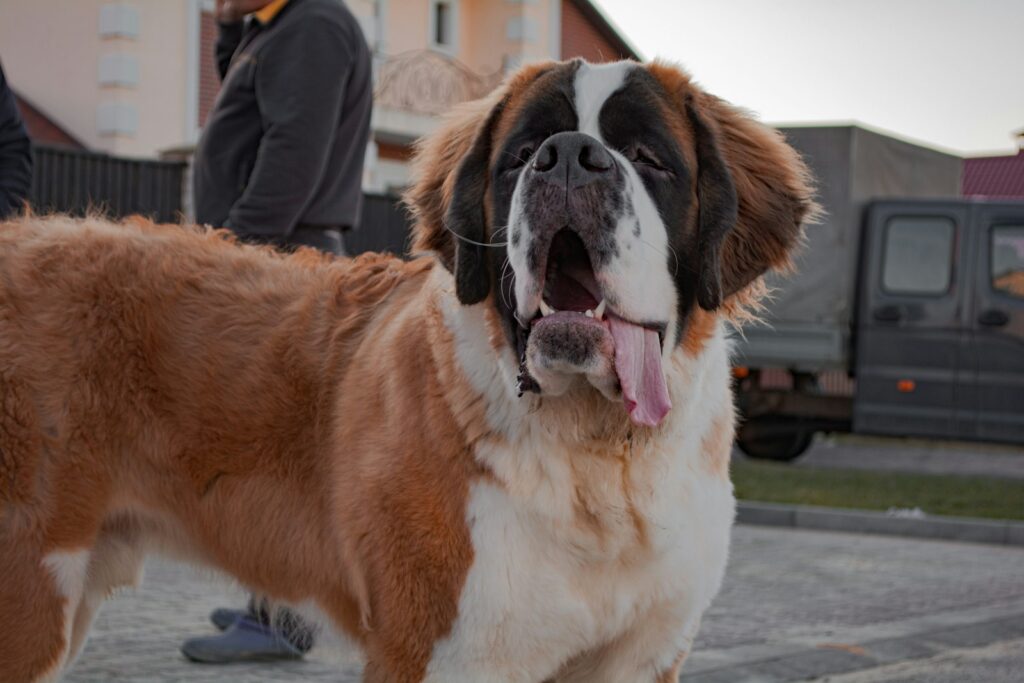
Despite their reputation as gentle giants, Saint Bernards can be highly stubborn and independent. If not properly trained,they can develop territorial behaviors, especially in adulthood. Their sheer size makes even minor behavioral issues a potential problem.
Pekingese
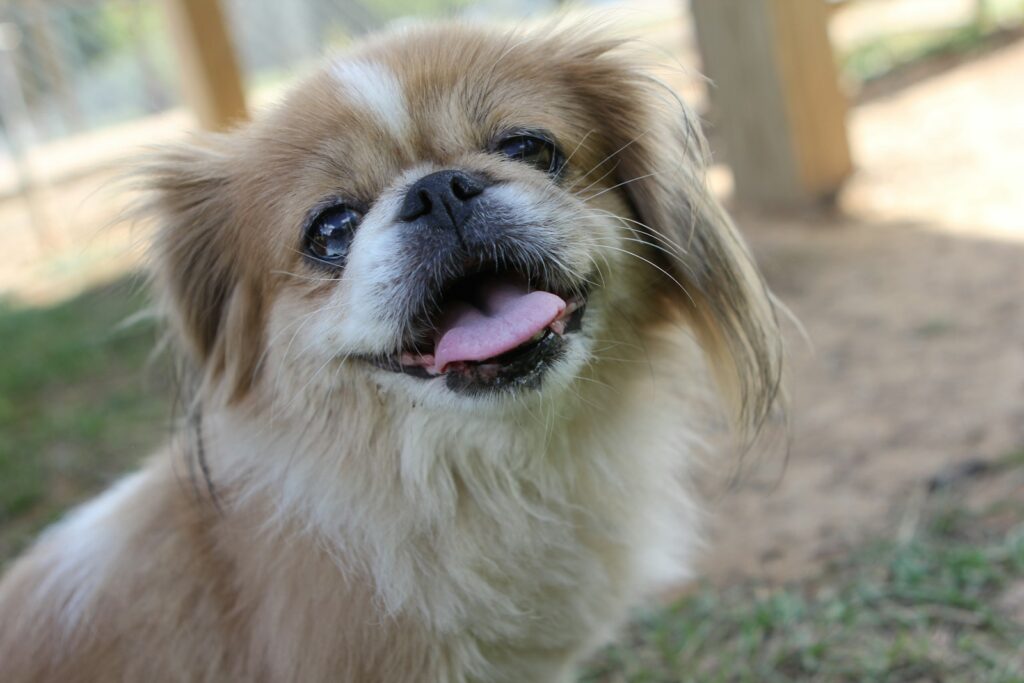
Pekingese dogs were bred as royal lapdogs, but they are far from submissive. They have a strong-willed personality, are not very social with strangers, and can be prone to biting if they feel annoyed or provoked. Unlike some other small breeds, they are not eager to please.
Alaskan Malamute
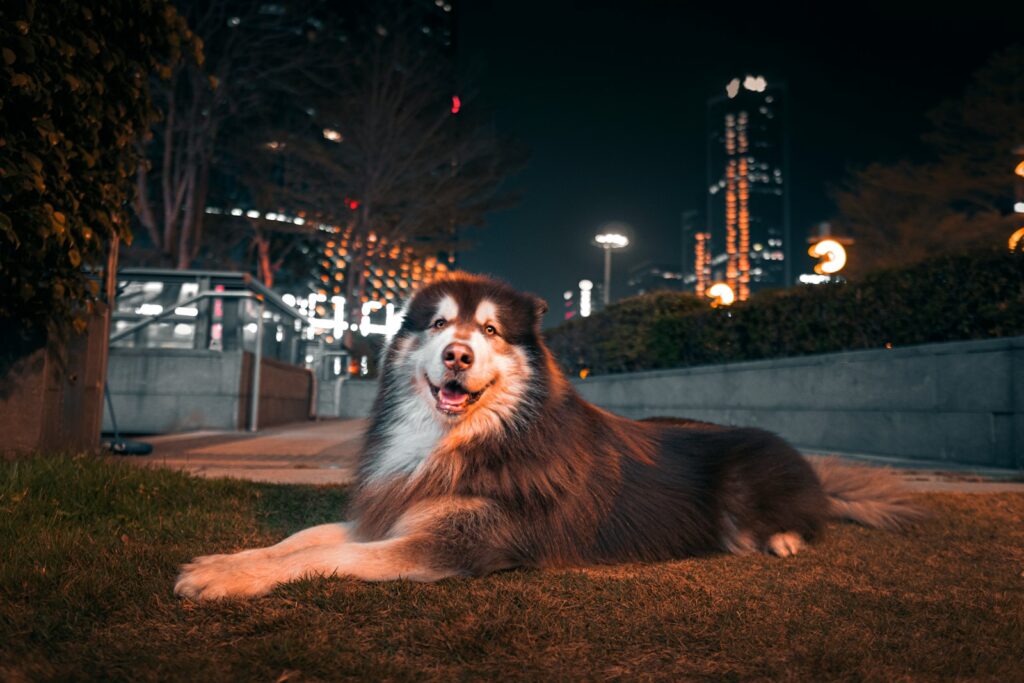
Often confused with the Siberian Husky, Alaskan Malamutes are independent and strong-willed. They are friendly toward their families but can be aggressive toward other dogs, especially those of the same sex. Their stubbornness makes them a challenging breed for first-time dog owners.
Bullmastiff
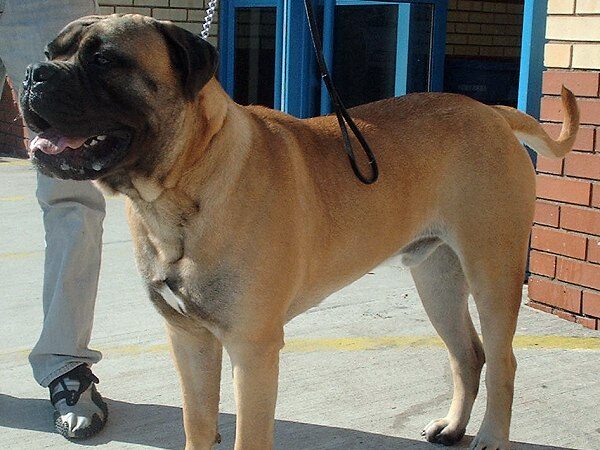
Bullmastiffs are loyal and protective, but they are not naturally friendly with strangers. They were bred as guard dogs and can be reserved or even aggressive toward unfamiliar people and animals. Without early training and strict boundaries, they can become difficult to control.
Tibetan Mastiff
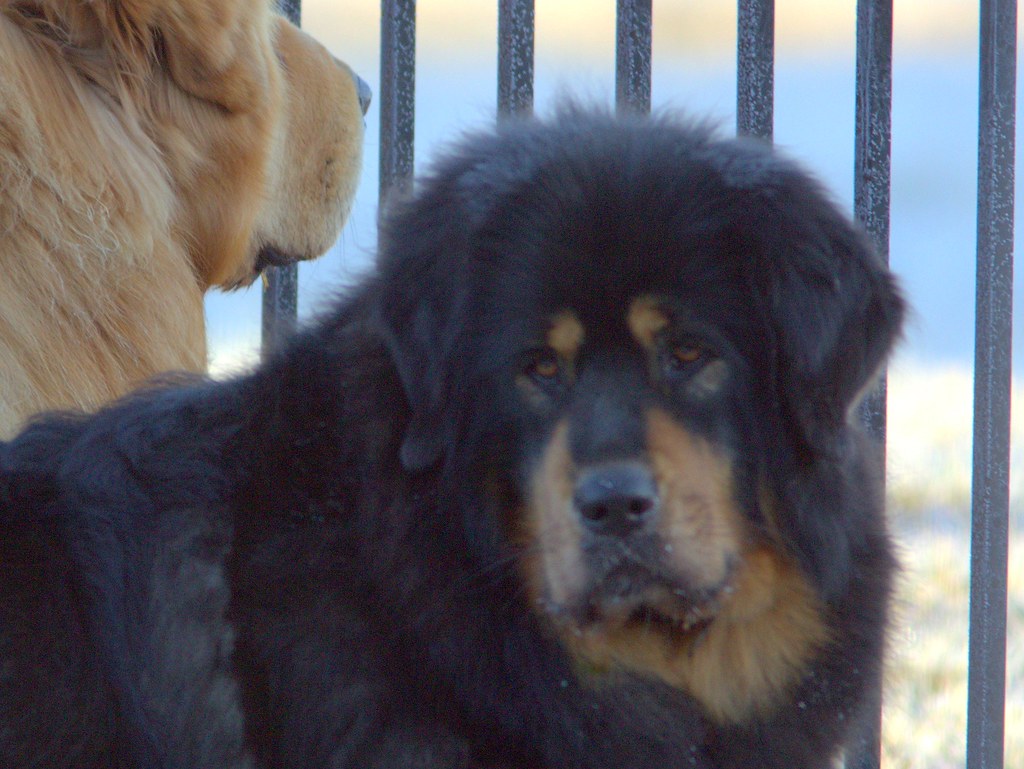
Tibetan Mastiffs are massive, imposing dogs with an instinct to guard. They tend to be aloof with strangers and can become territorial if not properly socialized. Their size and strength mean that any aggression can be dangerous, making them unsuitable for most households.
Irish Wolfhound
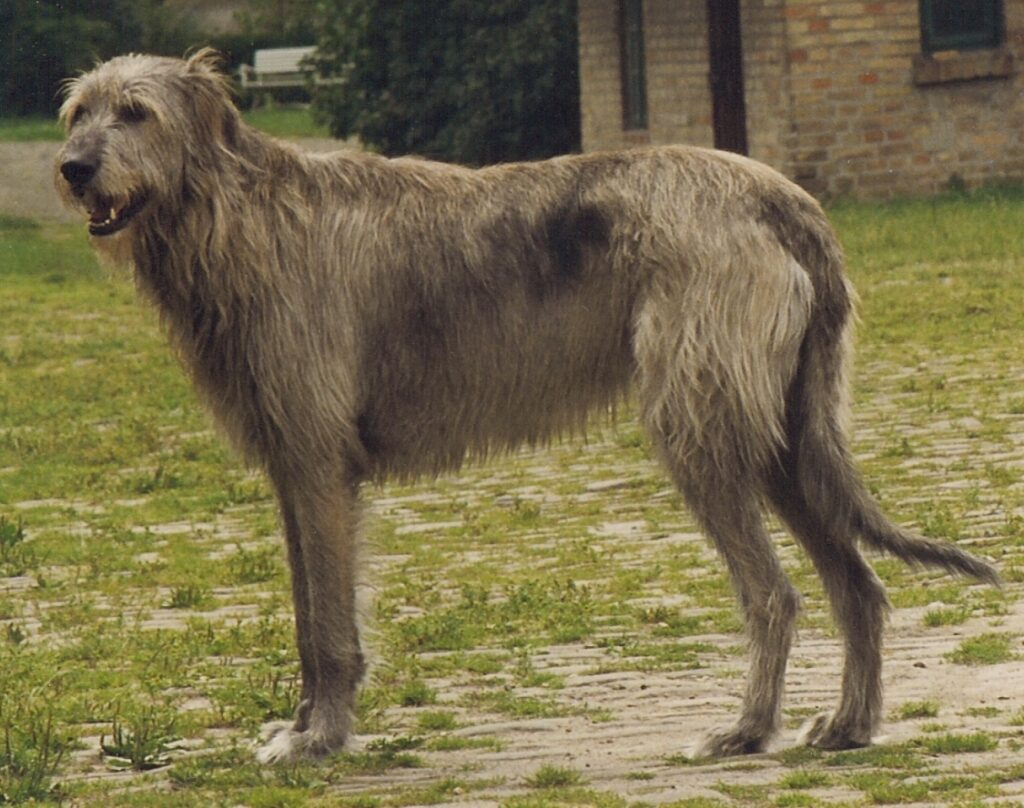
While generally gentle with their families, Irish Wolfhounds have an independent, reserved nature. They don’t have an aggressive streak, but they are not the most outgoing or social dogs. Their sheer size can make them intimidating, and they often prefer to keep to themselves rather than seek out human affection.




